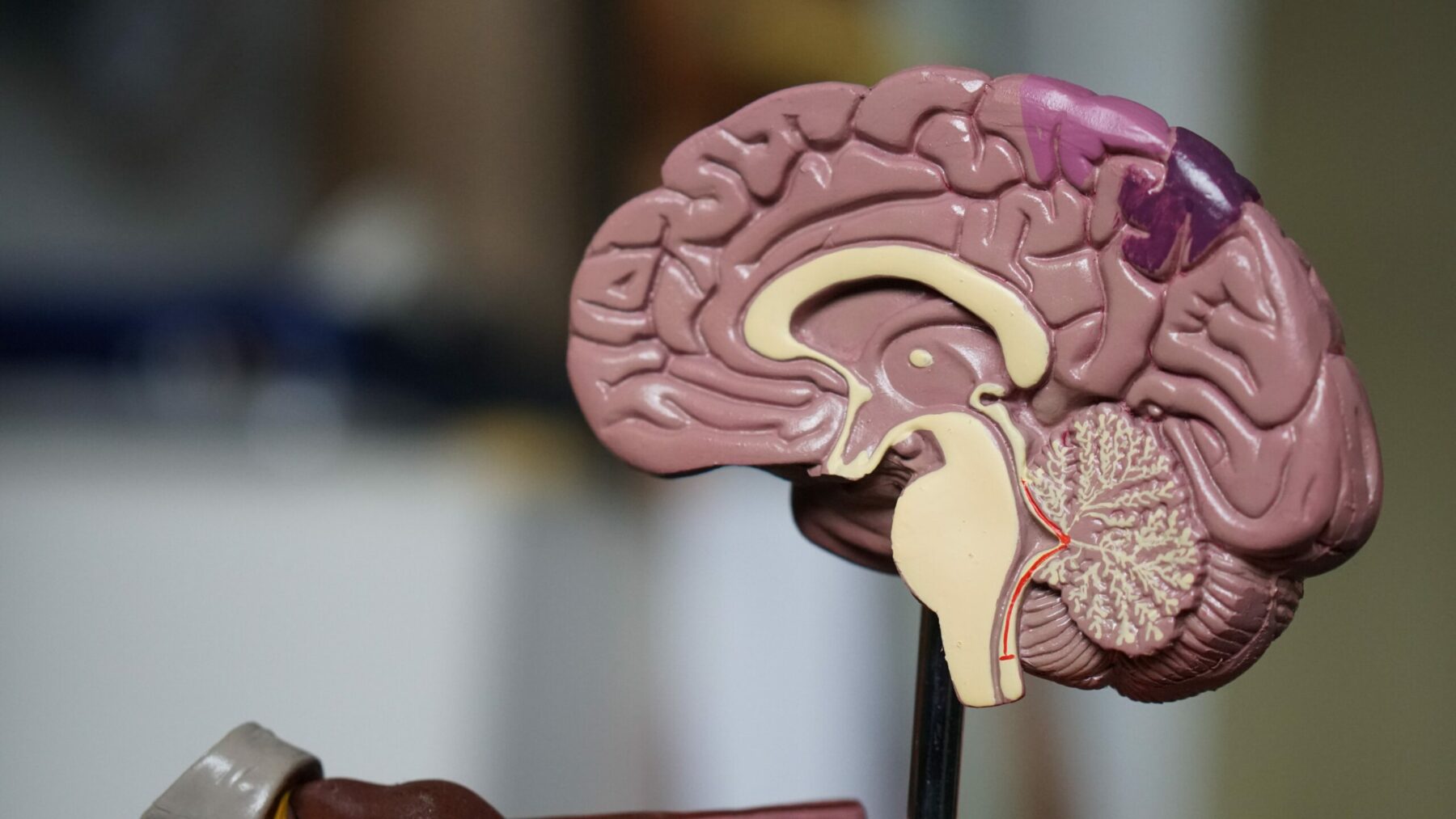5 Ways to Optimize Brain Health

Our brains are complex organs, controlling our thoughts, memories, speech, breathing, motor skills and emotions, as well as the functioning of many organs. Given the central role they play in our livelihood and wellbeing, it is critical we keep our brains healthy.
According to the World Health Organization’s website, “Good brain health is a state in which every individual can realize their own abilities and optimize their cognitive, emotional, psychological and behavioral functioning to cope with life situations.” As we age, however, our brains also age, resulting in cognitive decline, memory loss and an increased risk of developing dementia.
The good news is there are things we can do now to boost brain health. Here are five actionable steps to keep our brains healthy.
1. Exercise regularly

Regular aerobic exercise improves memory and learning. Moderate physical activity also improves our ability to handle stress, reduces inflammation and improves sleep. According to an article by Dr. Donn Dexter, a neurologist with the Mayo Clinic Health System, the benefits stemming from exercise “are a result of increased blood flow to your brain(…) It also tends to counter some of the natural reduction in brain connections that occur during aging, reversing some of the problems.”
2. Get enough quality sleep
Getting restful sleep is one of our most health-promoting activities. Quality sleep reduces our risk of developing serious health conditions such as dementia. The National Sleep Foundation recommends seven to nine hours of sleep each night for most adults. But in an article published by the psychology department of Berkeley University, acclaimed sleep scientist Matthew Walker, Ph.D., says many people do not get nearly enough sleep.
To achieve better sleep, the National Sleep Foundation’s website suggests spending time in natural light during the day, exercising regularly, eating meals at consistent times, avoiding caffeine and alcohol before bed, developing a consistent wind-down routine at night, and putting away electronic devices (like your iPhone) before bed.
3. Develop a healthy diet
Hippocrates, the ancient Greek physician, is believed to have said, “Let food be thy medicine, and let medicine be thy food.” Yet, an estimated 70% of adults in the United States are overweight or obese. Excess weight can lead to chronic, systemic inflammation, which has been shown to adversely affect brain health and increase the risk of an individual developing depression and other health problems. With a healthier diet, we can improve our brain health and increase our chance of enjoying a healthier inner state without medications.
One diet that has garnered a lot of attention in recent years is the Mediterranean diet, which is rich in plant-based foods, healthy fats and fish. According to the National Institutes of Health, researchers discovered that eating a Mediterranean diet could lower the risk of Alzheimer’s disease.

4. Meditate
Meditation helps us take control of our minds and thoughts, making us feel calmer and more focused. A consistent meditation practice helps prevent us from spiraling into depression or panic when we get worried or bothered by events in our lives. Meditation affects several areas of the brain. For instance, it has been shown to increase the gray matter concentration in the hippocampus, which is the part of the brain that is responsible for memory and regulating emotions. It also decreases the volume of the amygdala, the fear and stress center of the brain. Research also shows that meditation preserves gray matter, which could slow brain aging.
5. Stay social, but don’t spend too much time on social media
According to Dexter’s article, staying social, particularly seeing others in person, fosters a sense of connection and helps prevent depression and stress, both of which contribute to memory loss. But spending too much time on social media platforms — a seemingly social activity — can adversely affect mental health.
Ultimately, the best approach is a holistic one that integrates each of these five methods to optimize brain health. Notably, many of the holistic approaches mentioned above boost the brain-derived neurotrophic factor (BDNF). According to research from Frontiers in Cellular Neuroscience, BDNF is a key molecule in terms of synaptic plasticity and memory. It helps us to produce new brain cells, strengthens our existing brain cells and protects against depression and neurodegenerative diseases. Whatever increases BDNF will improve brain health and function.
About the Authors

 Brent and Andrea Turnipseed are the co-founders of Austin-based Roots Behavior Health, a company that embodies the concept of “holistic psychiatry” and embraces advances in behavioral health care. Brent, M.D. is a board-certified psychiatrist who previously practiced psychiatry in clinical and law enforcement settings in Texas. Andrea, LCSW has training and a background in adult mental health and has worked with clients in acute inpatient and outpatient psychiatric settings, facilitating both group and individual therapy. She is also trained in providing ketamine-assisted psychotherapy.
Brent and Andrea Turnipseed are the co-founders of Austin-based Roots Behavior Health, a company that embodies the concept of “holistic psychiatry” and embraces advances in behavioral health care. Brent, M.D. is a board-certified psychiatrist who previously practiced psychiatry in clinical and law enforcement settings in Texas. Andrea, LCSW has training and a background in adult mental health and has worked with clients in acute inpatient and outpatient psychiatric settings, facilitating both group and individual therapy. She is also trained in providing ketamine-assisted psychotherapy.






